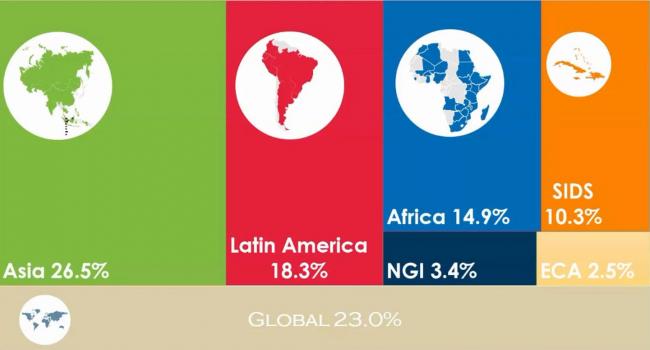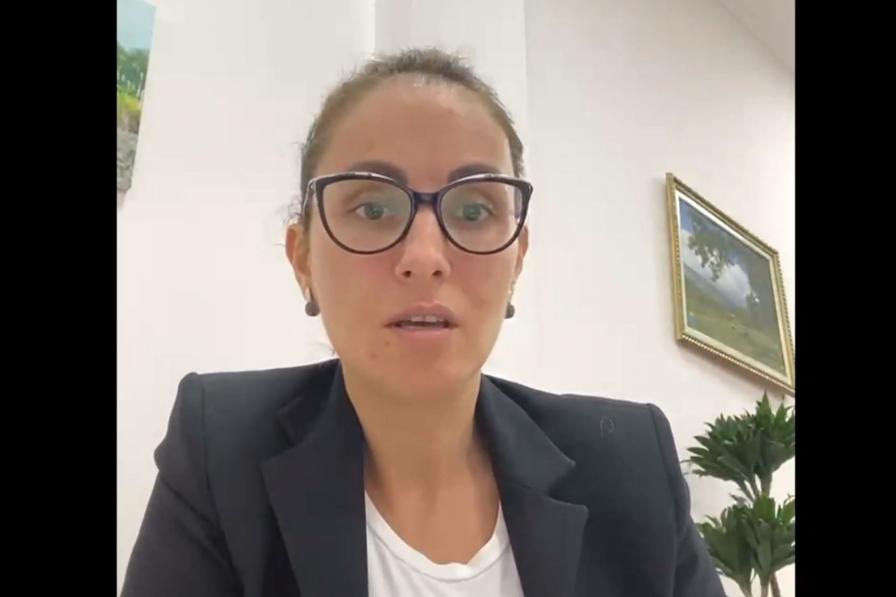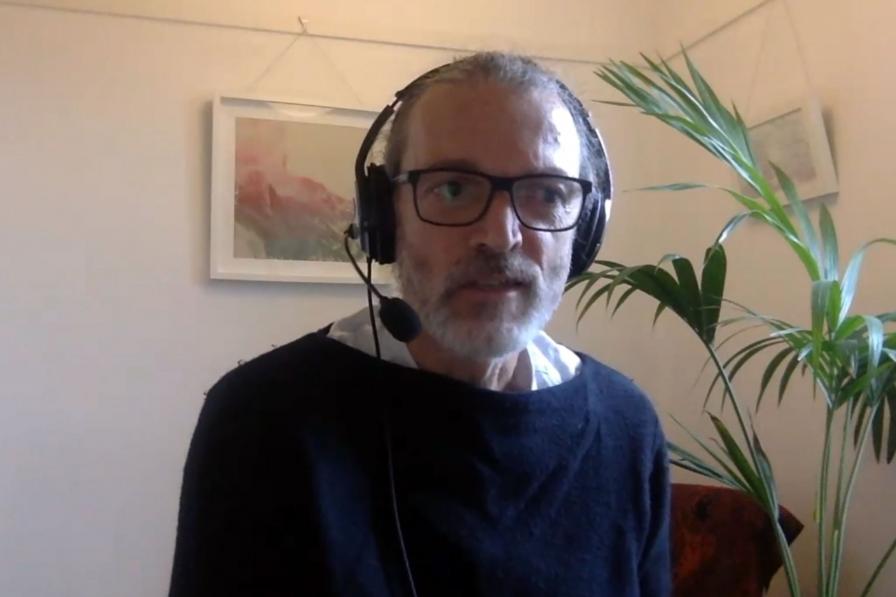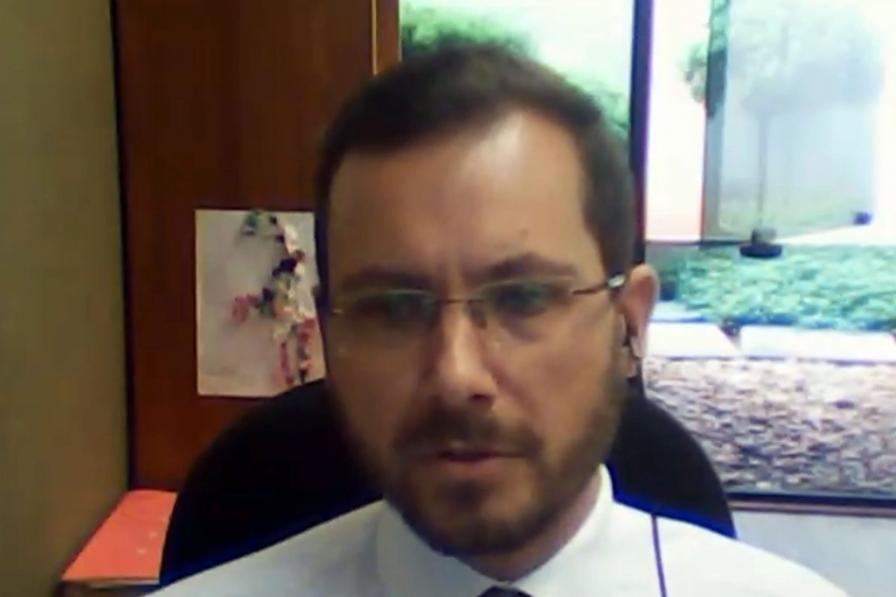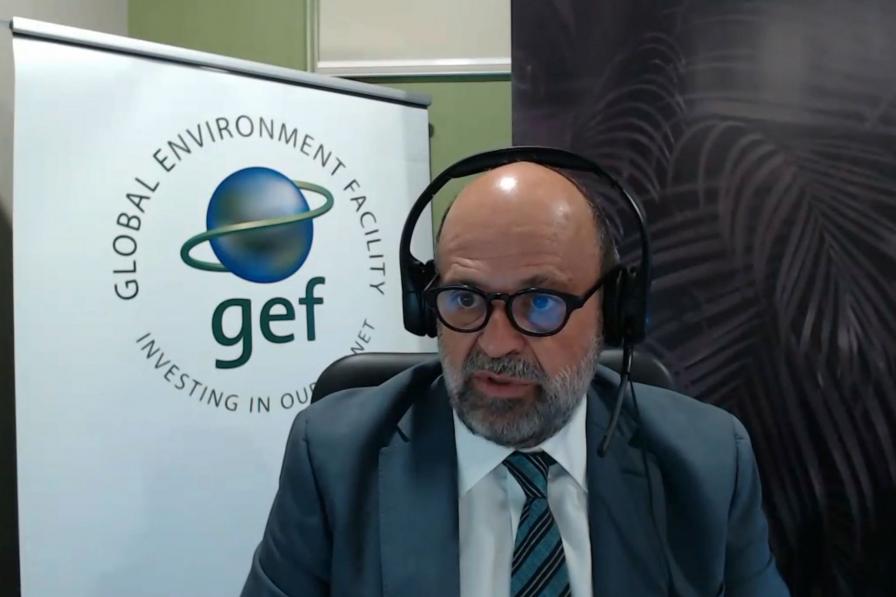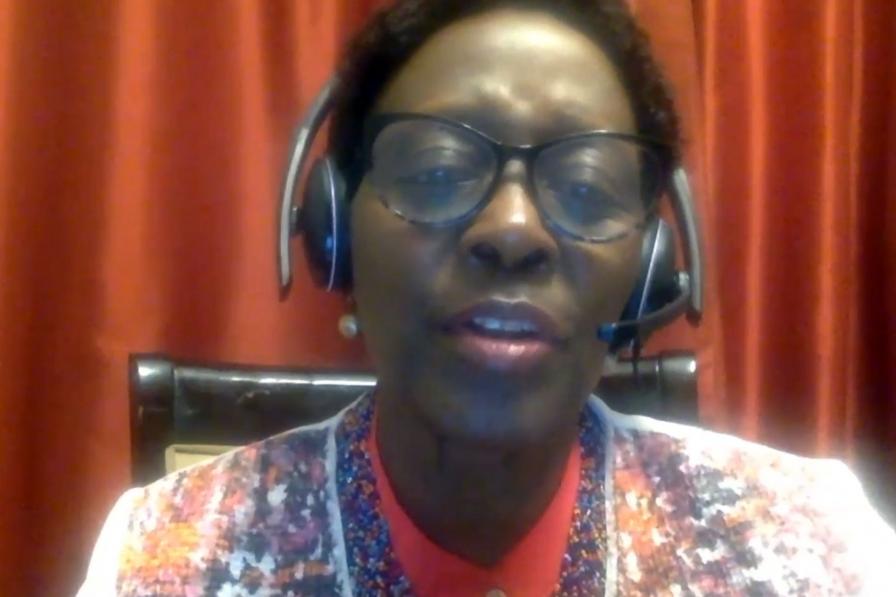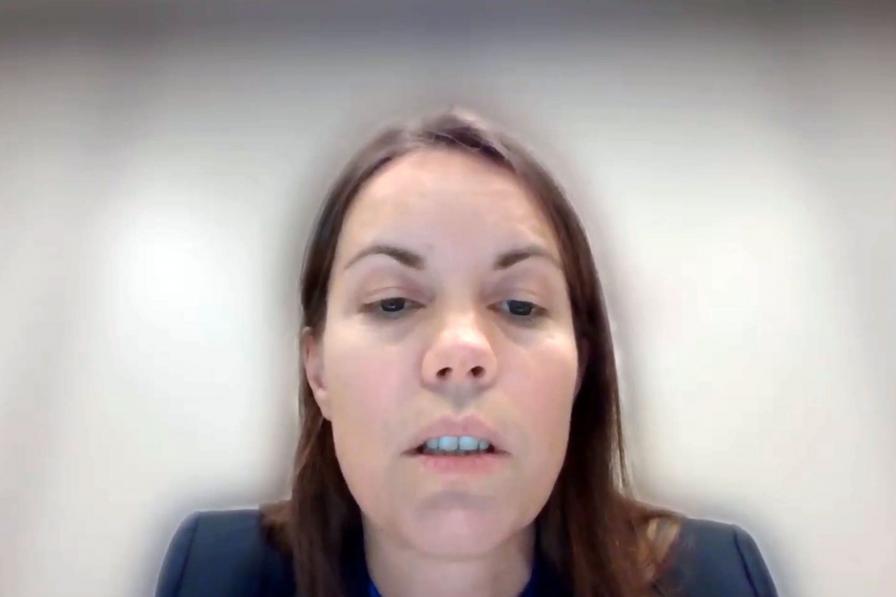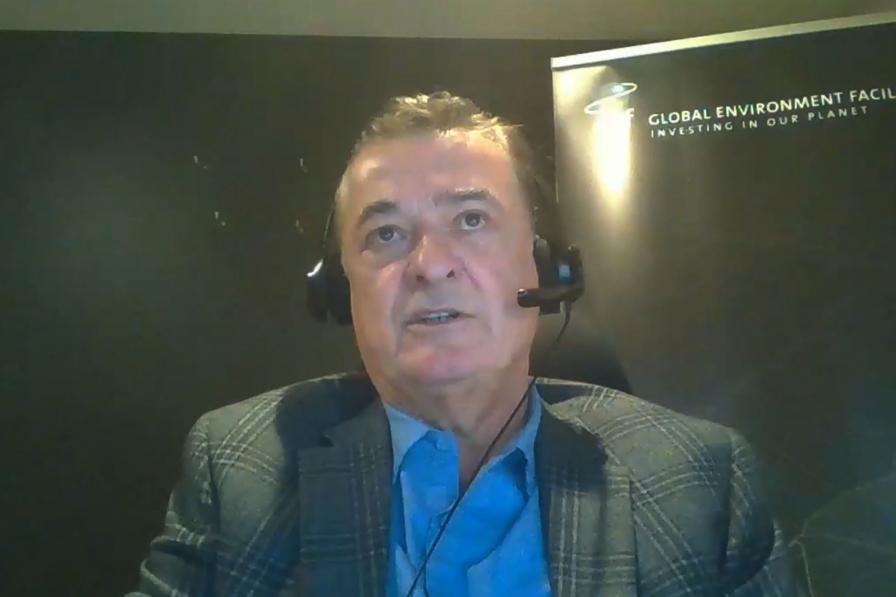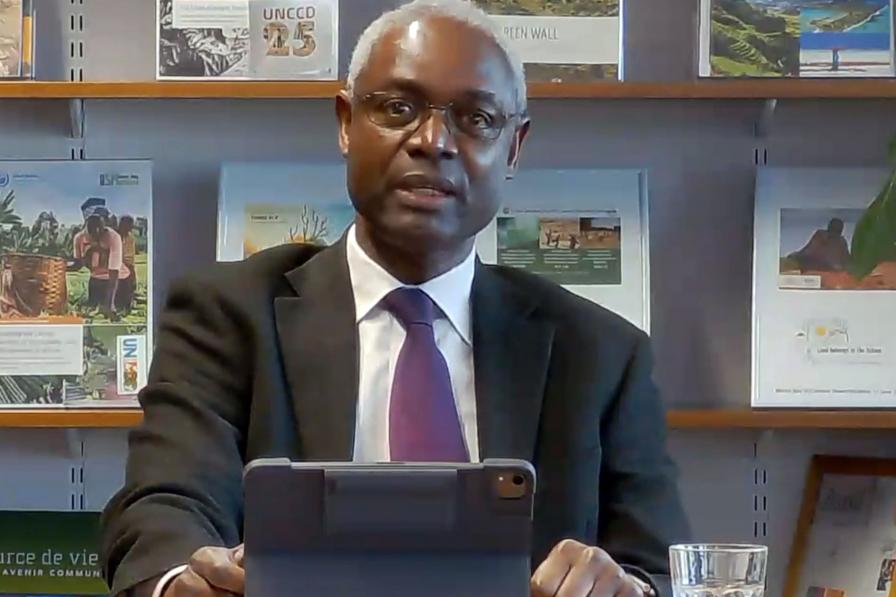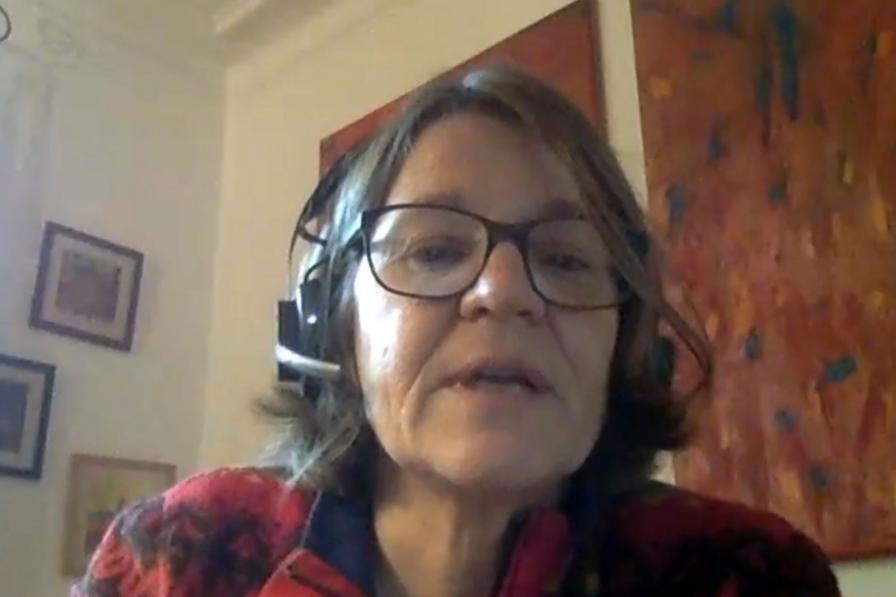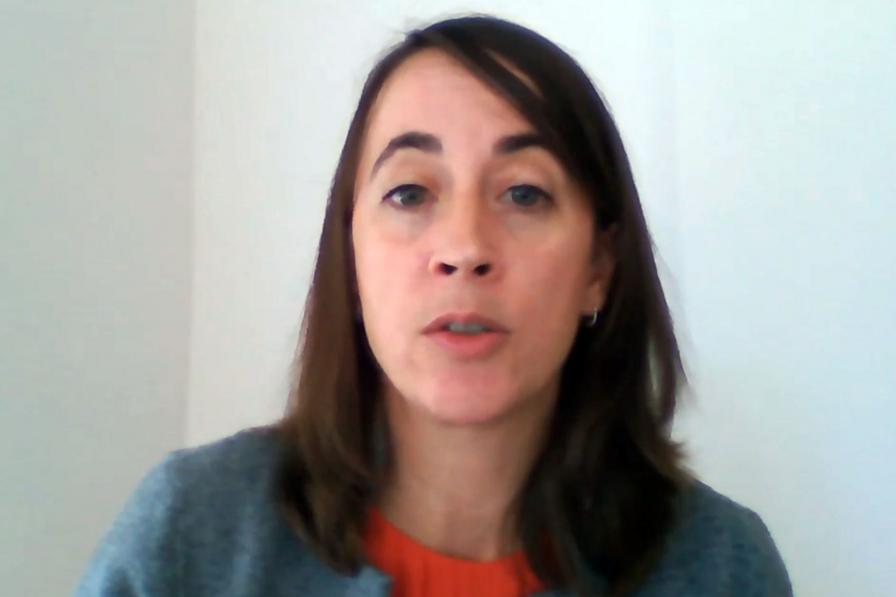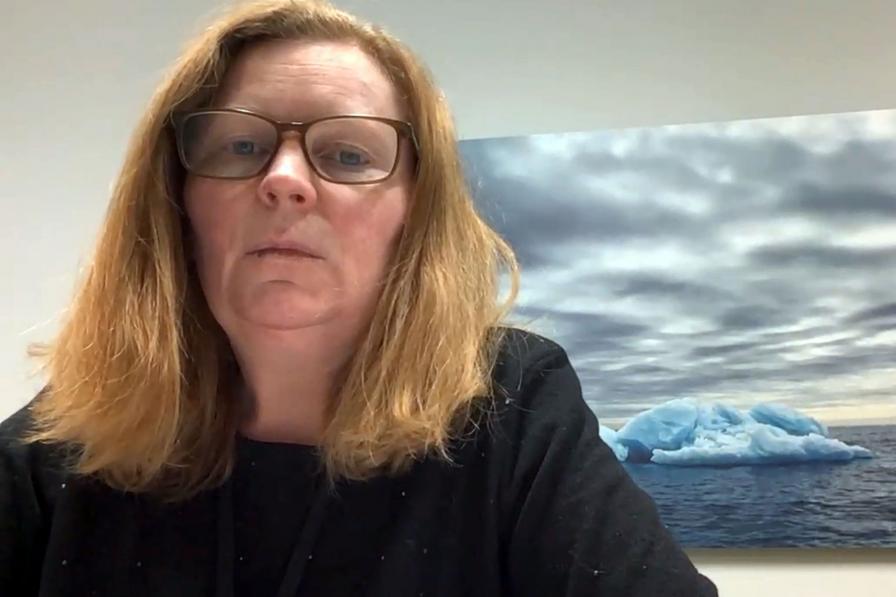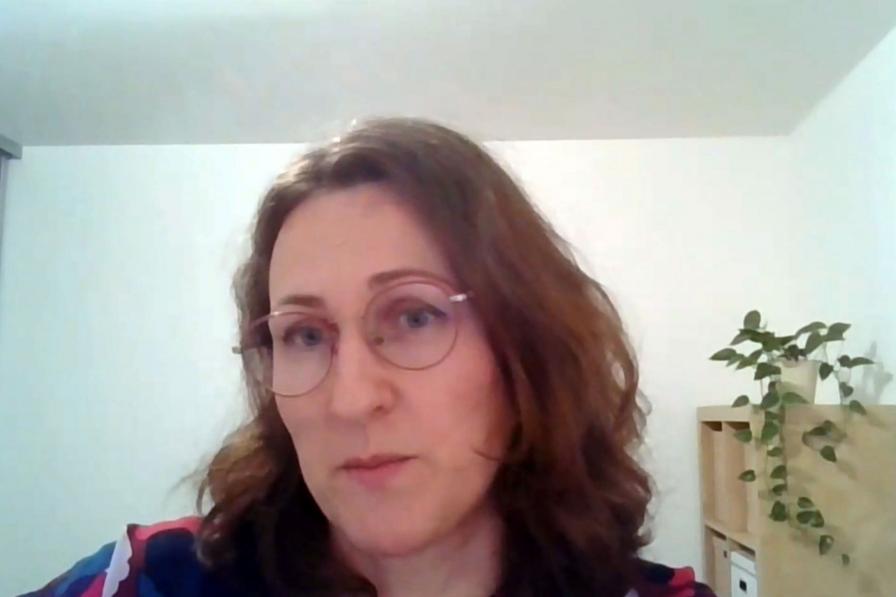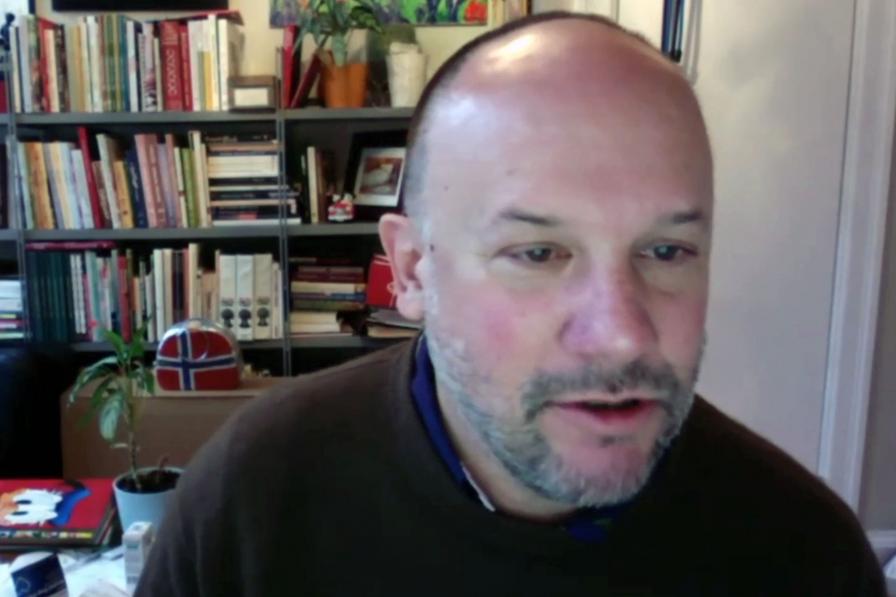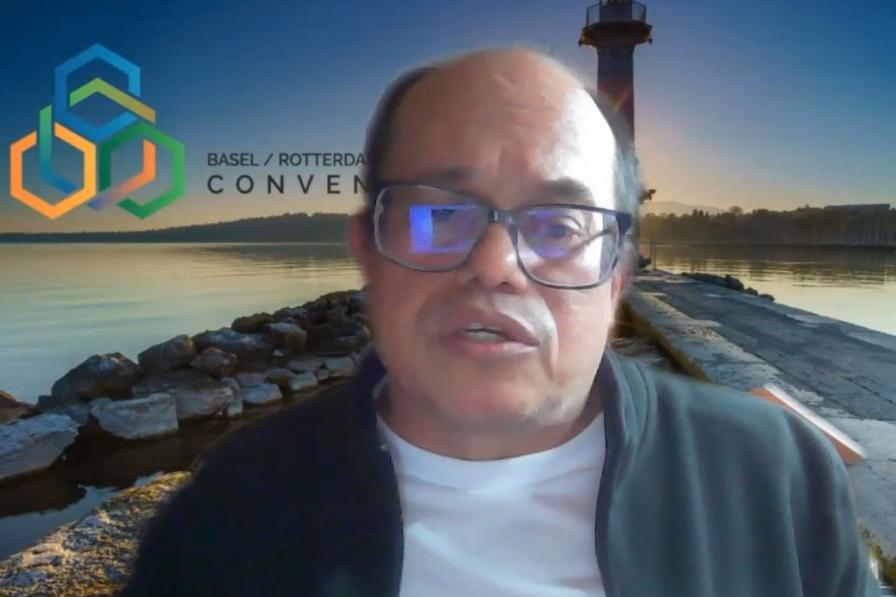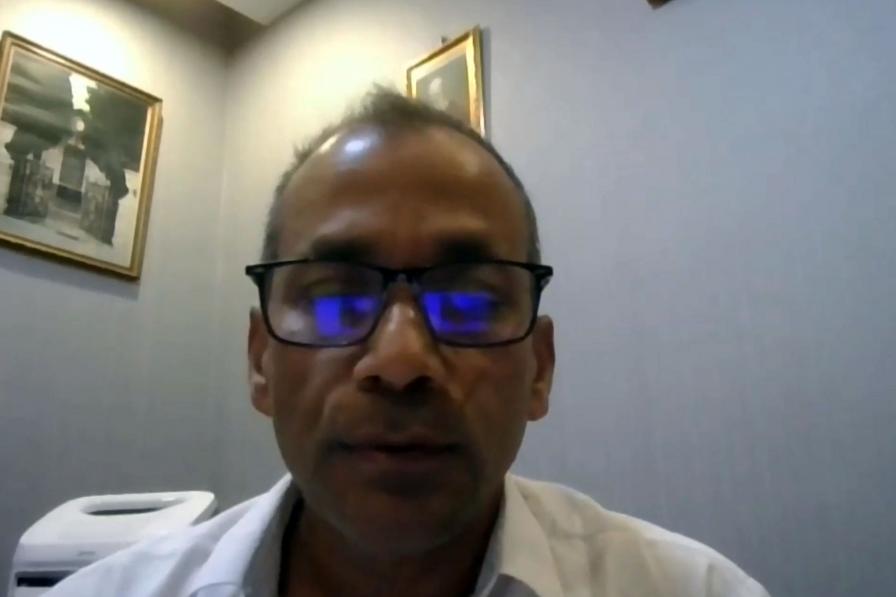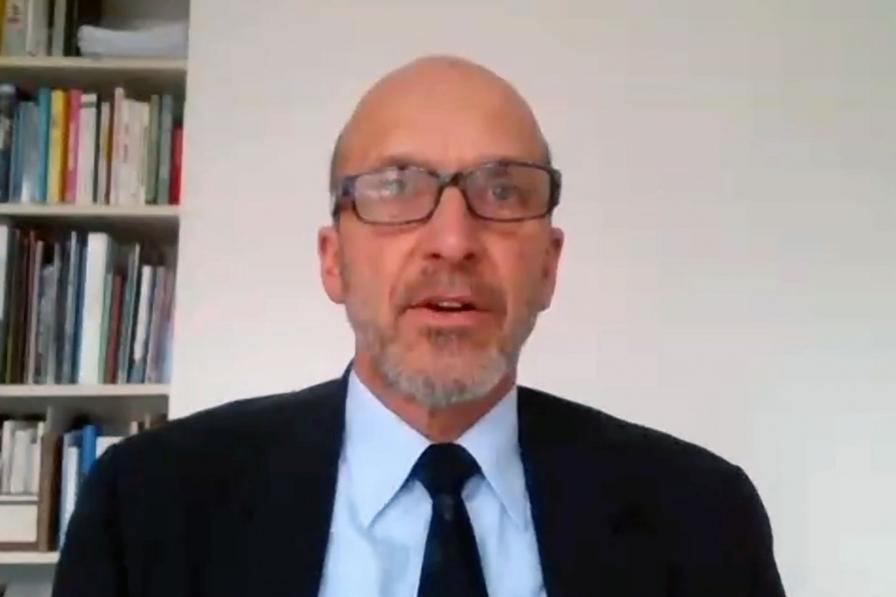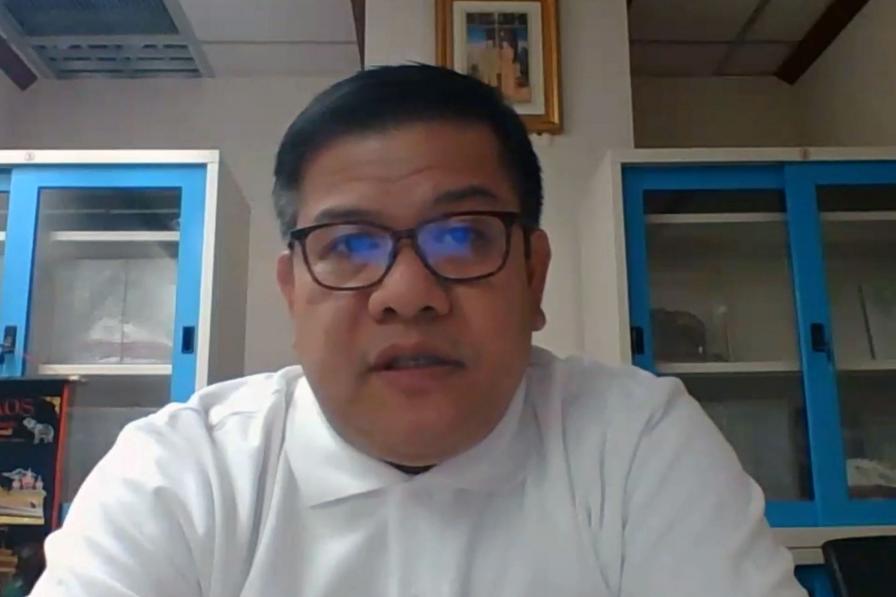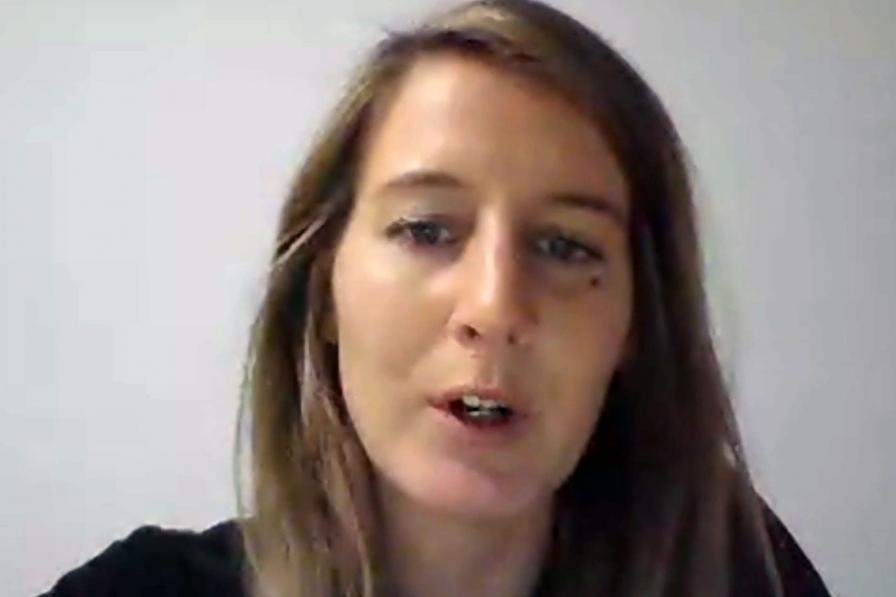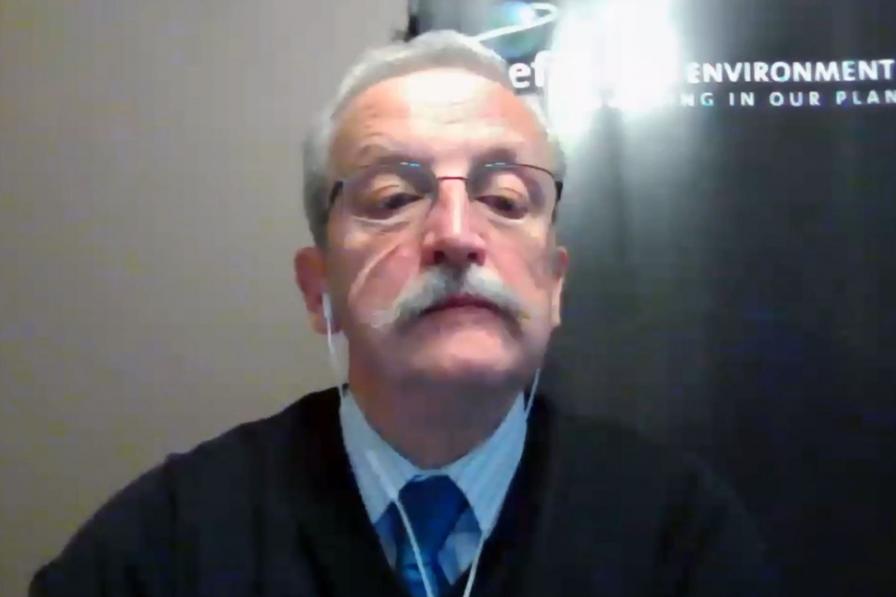On Wednesday, Gustavo Fonseca, GEF Secretariat presented the Work Program, amounting to USD 409.2 million, consisting of 60 projects and two programmes: Food Systems, Land Use and Restoration (FOLUR) Impact Program; and the Yangtze River Basin Biodiversity Conservation Programme. Fonseca explained that green recovery, post COVID-19 is a key feature of most of the projects in the Work Plan. Council Members raised questions and sought clarification on several issues including:
- the area under protection in the projects;
- modalities for ensuring effective collaboration between the GEF and GCF;
- policies for reallocating GEF funding where travel is hindered by COVID-19;
- core indicators addressed in GEF-7;
- funding allocated to non-ODA eligible countries; and
- mechanisms for ensuring projects operating in territories of indigenous peoples adhere to the principles of Free Prior and Informed Consent.
The Council then heard updates from the Executive Secretaries of four multilateral environmental agreements: the Convention on Biological Diversity (CBD); the UN Convention to Combat Desertification (UNCCD); the Minamata Convention on Mercury; and the Basel, Rotterdam and Stockholm (BRS) Conventions. The discussions touched on the status of negotiations ahead of the meetings of their respective Conferences of the Parties in 2021, and their financial needs under GEF-8. At the close of the session members adopted the corresponding draft decision which requests the GEF Partnership to continue to work with recipient countries to reflect the guidance and national priorities in their GEF programming and activities.
The Council agreed to revisit decisions on private sector engagement and the Work Progam on Thursday.
